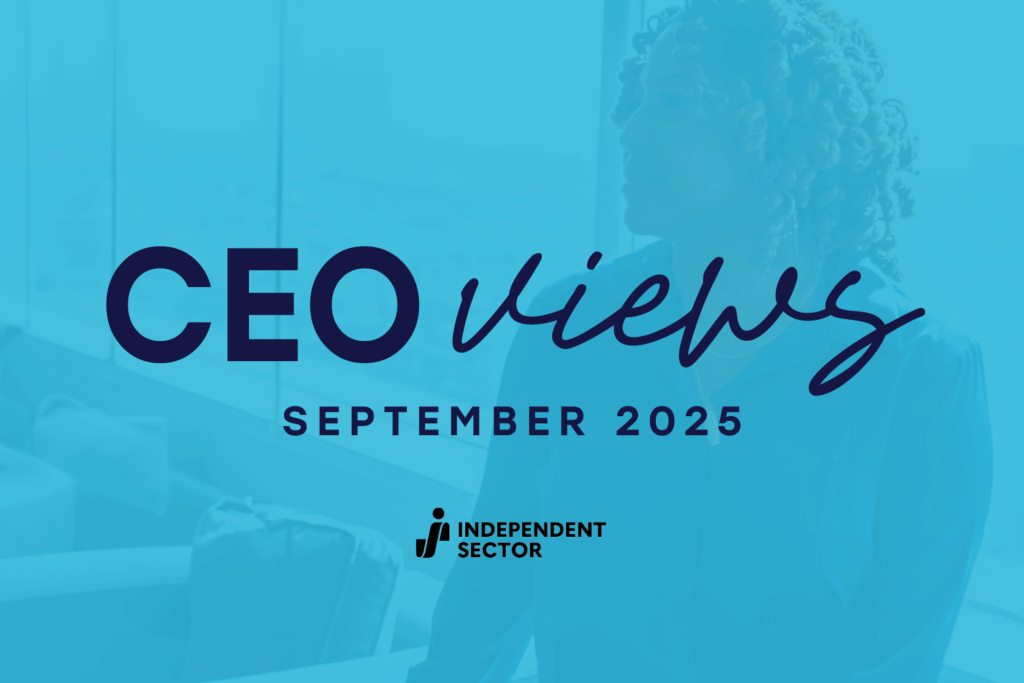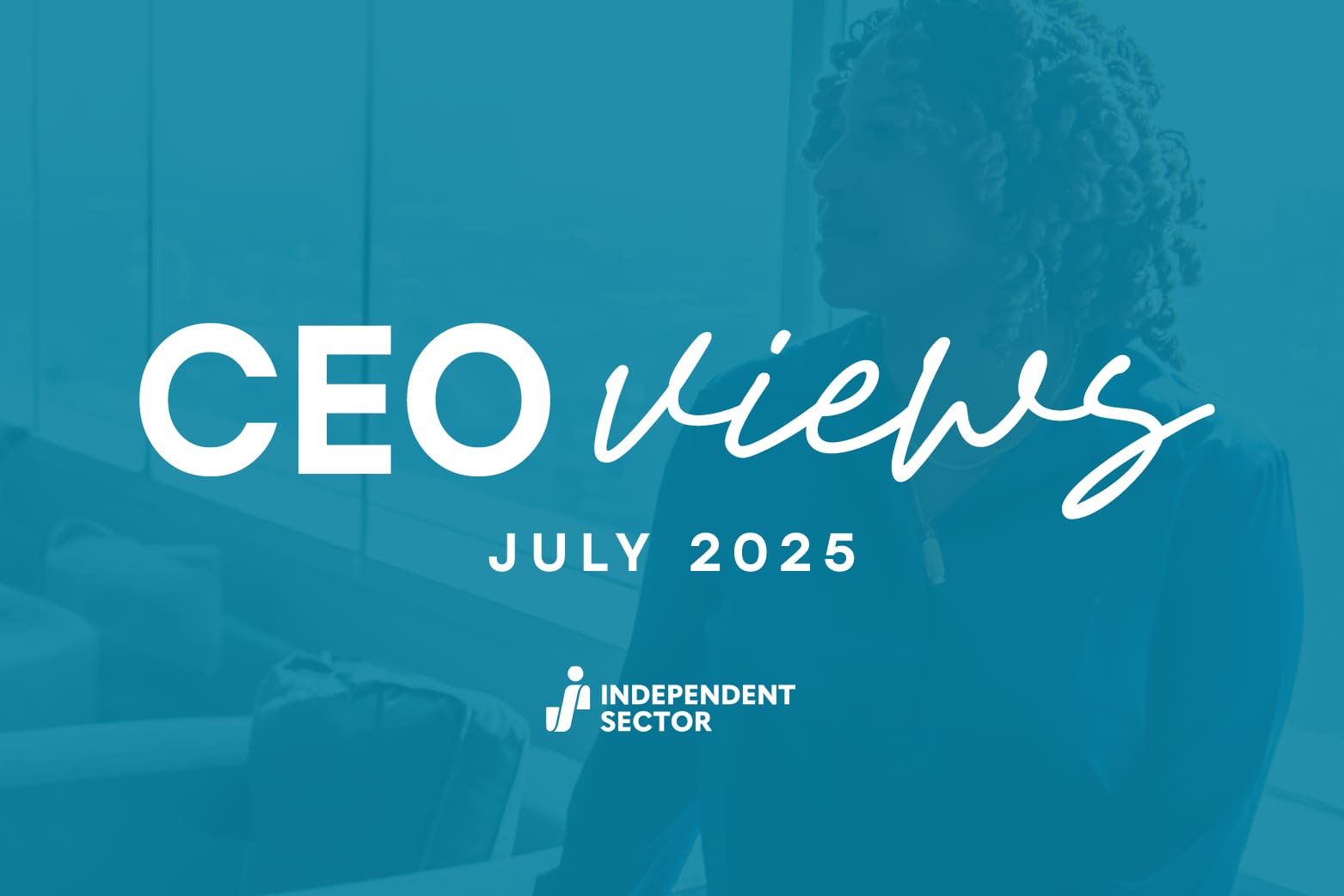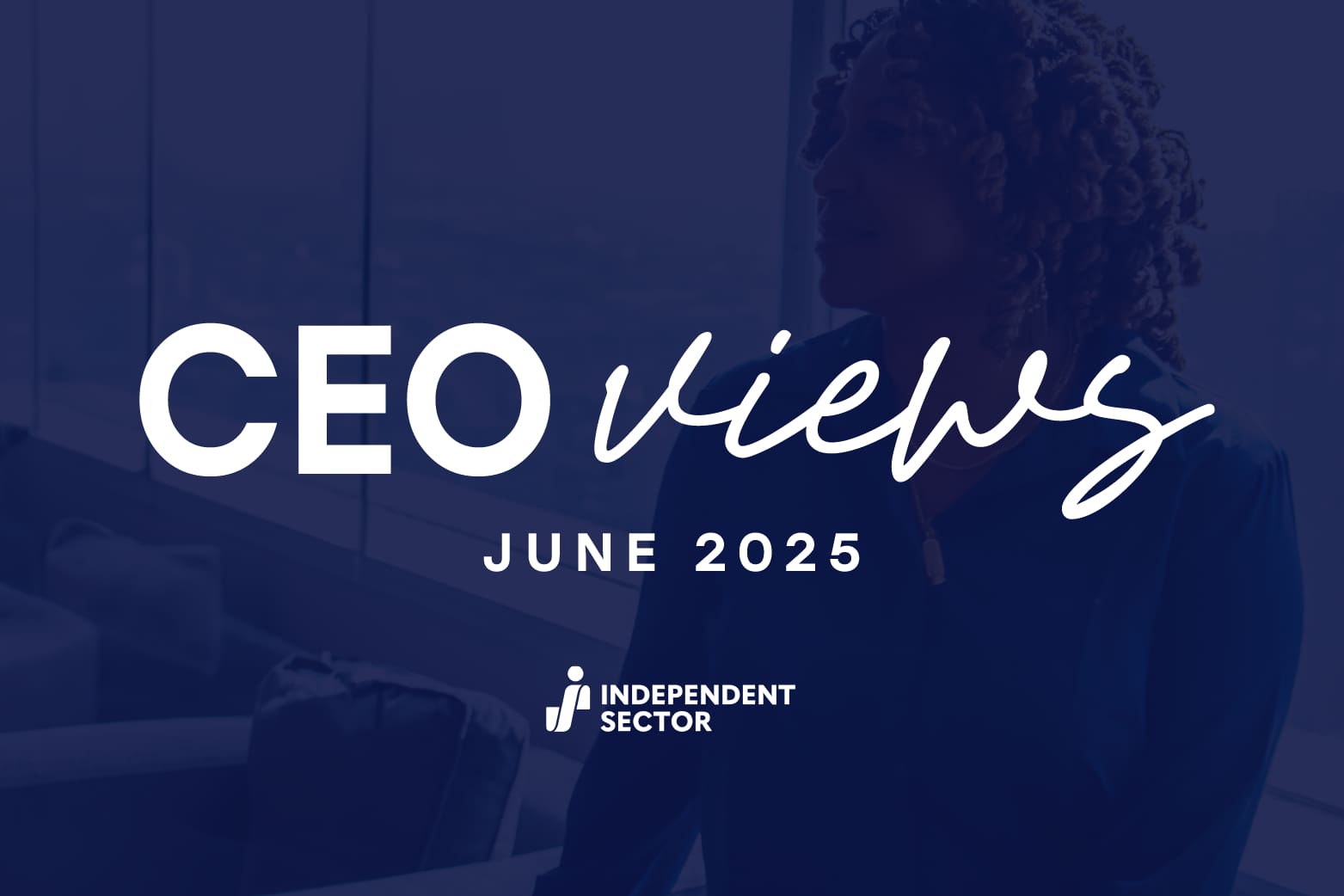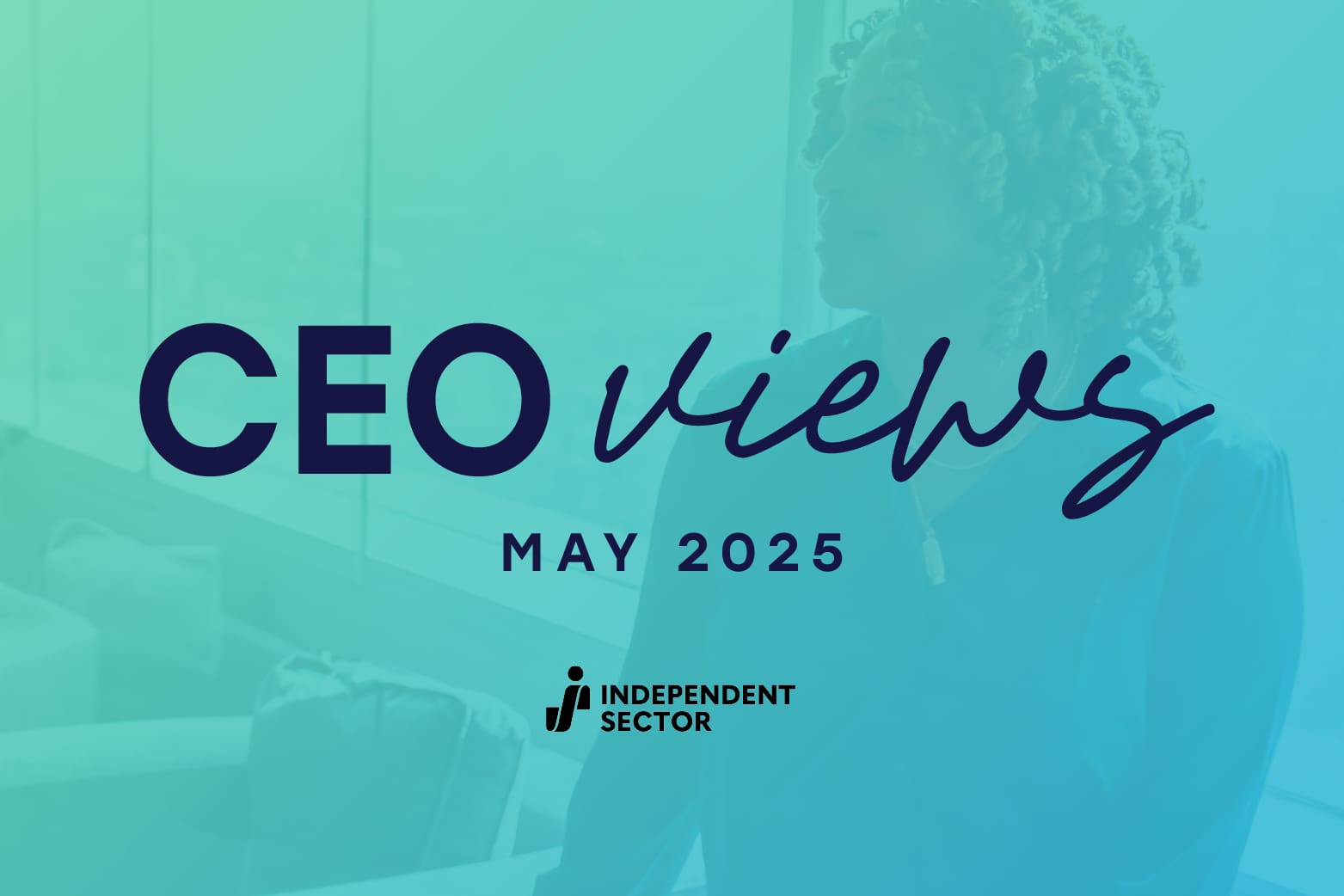When I think about September, I think of the sun shining through gold-tipped leaves, apple-picking with my kids, and the first hint of crisp cool air on the breeze.
But unfortunately, in my home here in Maryland, I also have to think about something else — hurricanes.
September is the most active month in the Atlantic hurricane season — a time when those of us along the East Coast and the South have to think about buying sandbags along with our back-to-school supplies. For my friends in the Midwest and the West Coast, climate change has increasingly brought hotter and dryer weather to the late summer months, making it one of the most dangerous periods for wildfires.
For that reason, September isn’t just the kick-off of Pumpkin Spice season — it’s also National Preparedness Month, the Federal Emergency Management Administration’s yearly campaign to encourage Americans to prepare for emergencies. But this year, as the Department of Homeland Security fires 10% of FEMA’s workforce and cuts billions of dollars from disaster mitigation programs, it increasingly feels like Americans — and the charitable organizations that help them — are being asked to do more with less.
Historically, nonprofits and charities have stepped into the breach during disasters to help communities prepare, survive, recover, and rebuild. The federal government partners with nonprofit organizations to deliver federal disaster aid in both the immediate aftermath and long-term recovery phases of a disaster, delivering food and water, providing shelter, and even assisting in search and rescue. In the aftermath of Hurricane Helene and Hurricane Milton’s one-two punch across the Southeast, Independent Sector member Catholic Charities was one of the first on the scene to assist communities in crisis — delivering food, water, temporary housing, baby supplies, and more to affected areas across Florida, Georgia, South Carolina, and East Tennessee. This partnership between federal disaster agencies and local nonprofit organizations is vital and life-saving — and history has shown that without the knowledge, experience, and valiant service of nonprofit workers and volunteers, federal, state, and local governments don’t have the manpower or agility to get help where it’s needed quickly and efficiently.
Despite this legacy of service, a little-noticed August 27 announcement from the Department of Homeland Security threatens to fracture this partnership and make the work of nonprofits responding to disasters even more difficult. According to reporting published in The New York Times, recently released guidelines from the Department of Homeland Security threaten to bar nonprofits that receive government funds from helping undocumented immigrants — but gives little guidance on how this rule would be implemented or how organizations are meant to comply with enhanced identification requirements while providing timely aid during a disaster.
Let me be clear: In order to receive federal funds, nonprofits already must comply with strict transparency rules and are subject to rigorous audits and reviews. Requiring disaster victims to prove their citizenship to receive life-saving aid from a charitable organization is cruel, impractical, and likely unconstitutional. While this move is clearly targeted at undocumented communities, adding more bureaucratic barriers for nonprofits attempting to deliver life-saving aid in a moment of crisis hurts everyone — including U.S. citizens.
What happens when the victim of a flood loses their birth certificate and is unable to verify their citizenship to receive food and water?
What happens when a family is unable to prove the immigration status of a loved one in need of search and rescue during a storm?
Are those of us in the nonprofit community required to abandon our neighbors in need, simply because they cannot provide the correct paperwork in the middle of a hurricane or an earthquake?
Our charities and the volunteers who power them risk their lives to help their neighbors in times of great danger. They should not be forced into the position of deciding who is and is not deserving of life-saving aid.
Many in the charitable sector are raising the alarm about the implications of this change, sharing their concerns about how it may slow the distribution of aid during a crisis or discourage individuals from seeking life-saving assistance out of fear for themselves or their families. Here at Independent Sector, I want to assure you that we share your concerns — and will continue working to ensure your voices are heard by decision-makers in Washington.
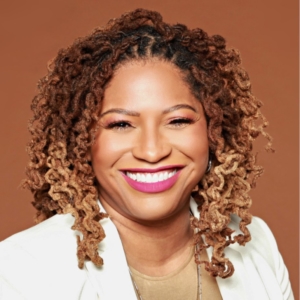
Dr. Akilah Watkins
For many of us in the charitable sector, 2025 has felt like a year-long series of disasters, with federal funding cuts and growing community needs squeezing budgets and exhausting staff. In moments like these, preparedness is essential — and an essential part of preparedness is recommitting to the work that aligns with our core values, come hell or high water.
So, as you work on your preparedness checklist for the year to come, please remember that Independent Sector is here as your resource, ready with data-driven insights and community support.
You’re standing with your community — and we’re standing with you.
Dr. Akilah Watkins is president and CEO of Independent Sector.
